|
7/13/2024 0 Comments The Vicissitudes of Life**--I used this phrase in my most recent newsletter, and one of my dearest friends wrote me a wonderful email with it as the subject line. Consider this a case of virtuous recycling. It has been nearly two months since I put something new up here. Sorry/not sorry, as the saying goes. So much has happened, and I have so little to say about it, and that's a strange combination. Confronted by this dynamic in the past, I've found it best to turtle up and wait until something worthwhile comes to mind. If you're seeking mindless blather, surely there's a high-frequency, low-content Substack site out there for you. And yet, enough has changed, and enough good intentions have been met with poor follow-through, that an accounting is in order. Let's do this scattershot style: I've moved. But that's not all. Elisa covered this beautifully in her own newsletter, so I'll neither say a lot more nor take issue with any of it. She now lives in New England, her other heart earth, and I still live in Montana, mine. I'm renting space in a lovely old rambling house in my favorite Billings neighborhood, pushing on with life and art. I have a beautiful office setup that is a joy to pile into each morning. My primary work, which I find interesting and fulfilling, continues apace (you can read a piece I wrote for PaymentsJournal here). Fretless and I take walks, sometimes alone, sometimes with my roommate and her dog. I tend to my dad. I have lunch with friends. It's a good life but also a different life, and I think Elisa would say the same thing. Fiction: At a standstill Once I decided to spring Northward Dreams loose from its intended publisher, spring became a blur as I pushed out a retitled, re-jacketed version of the book and embarked on an ambitious series of appearances. Those have largely subsided as summer has come on, and it will probably be fall before I rev up again. The paperback comes out in November, and that's a good opportunity to hit the road again. I had so much fun with the hardcover. What hasn't been fun—and I'm only being honest here—is going through the wringer of publishing, which can be a heartbreaking business. Writing is the best kind of joy—challenging, yes, but also a test of self, of the quality of ideas, of endurance. Publishing...Well, if I can't say something nice, and I can't, best not to say anything at all. It's not like my travails register as important in the larger scheme of things; hell, they're not even all that interesting to me given all the ways the world is on fire (literally). But if I'm going to write stories—and I am—I will have to resolve my attitude one way or another. Right now, I feel three impulses: 1. Forget publishing altogether. 2. Find another partner like the one I just dispatched, something I never wanted to do, and approach the altar again. 3. Do with every subsequent book exactly what I did with this one. Until my heart settles, I'll do nothing. Playwriting: Stay tuned After the final curtain closed on Straight On To Stardust last fall, I set about writing a new play and turned it around quickly. It's called The Garish Sun--know your Shakespeare—and I hope to have some interesting news to pass along soon. #deliberatetease At this juncture, I'm much more interested in and satisfied by working as a dramatist than I am in writing another novel. These feelings, of course, are subject to change (and always do), so I wouldn't read anything into that declaration. Just something I wouldn't have predicted, say, three years ago. Life, man. Let's have a conversation At the beginning of July, I joined at the speaker roster at Humanities Montana. I'm thrilled about this, as a longtime admirer of and sometimes participant with this organization that advances the humanities in Montana's public life. My program, titled Where Memory and Imagination Meet, draws on subjects that have long held fascination for me—the roles of memory as an ignition point and imagination as the building blocks of fiction—but expands the idea to take in such diverse topics as family, background, community, even citizenship. When we talk about our memories of the things that shaped us and marry those with imagining different ways of talking and connecting, great things can happen. My program, like all the others sponsored by Humanities Montana, is available to schools, libraries, civic groups, and other such gatherings. Information at the link above. If you have a group in Montana that would benefit from this conversation, let's talk! Yeah, but what about all the other stuff? Oh, you mean Craig Reads the Classics? The Saturday craft talks? General keeping in touch?
What can I say? I've been quiet lately. But I'll be back. That's a promise.
0 Comments
We've been headed here all along, haven't we? The book's first full chapter begins with Nathan. The book's last interceding chapter ends with Nathan. He stands as the pivotal character in an ensemble, the one who can still change his course, if only he has the courage. Others have made their choices and lived, or died, with them. A lot is behind Nathan. More could yet be ahead. There's not much else I want to say, except this: For me, the suggestion of future change is the most satisfying part of literary characters. I'm far more interested in the idea that they could change than the actual shape and scope of that change. It's why I like open-ended endings so much: Presumably, life goes on, until it doesn't. While we're sentient and breathing, it's within us to deviate our path. Thanks for reading. (Be sure to note in the comment box that you wish for a signed copy.) (Purchases through Bookshop.org can be dedicated to the independent bookstore of your choice, an excellent option for those who prefer online shopping.) PreviouslyOf these nine timeline-busting chapters—just one to go after today—this one is the anomaly. It features a character who never appears on camera, as it were. Brandon Ray, son of Nathan, grandson of Ronnie, interacts with his father in phone calls that are clipped, distant, and loaded up with tension. And yet, he's essential, in that the book traffics heavily in fathers and sons and what gets passed on and where the fault lines lie. Brandon and his father are mirrors and opposites, a dynamic that also follows daughter (Cherie) and mother (Anna) in another timeline. Brandon was largely raised by another man—quite successfully, Nathan knows, and that's a source of pride and an unwanted memory, given his own path. And there's something between them—something bigger and more immediate than their shared past—and in this chapter Brandon lays out the choice the older man has in the matter. It's in the book. (Be sure to note in the comment box that you wish for a signed copy.) (Purchases through Bookshop.org can be dedicated to the independent bookstore of your choice, an excellent option for those who prefer online shopping.) PreviouslyOne of the interesting things about human development—to me, at least—is the occasional alignment with physics in the equal-and-opposite-reaction sense. Cherie, the centering character of the 2002 timeline in Northward Dreams, is uncommonly wise and strong for her age. Her mother, Anna, provides some of the underpinning for these qualities through her frailty and failures. Together, they make for a compelling pair. There's love and genetic bonding and deep care and frustration and exasperation. Cherie exists because Anna created her. Cherie is who she is, in part, because she must compensate for her mother. That's a hard road. Anna's inserted chapter arrives fairly late in the entire span of the book. She has made a fateful decision, the kind we don't get to walk back once it's in place. There's not a whole lot more to say without saying too much. You should read the book. (Be sure to note in the comment box that you wish for a signed copy.) (Purchases through Bookshop.org can be dedicated to the independent bookstore of your choice, an excellent option for those who prefer online shopping.) PreviouslyAh, Cherie. The youngest member of our ensemble, perhaps the wisest, certainly the one whose searching heart sets in motion the denouement of a book and, perhaps, beyond the page, the resetting of a troubled family. I so enjoyed writing this character, the only one central to the book who was also conjured from whole cloth. When the timelines at last converge, just beyond the pages of this inserted chapter, it's Cherie who brings them together. Cherie comes a long way in the 316 pages of this novel. When we meet her, in her 2002 timeline, she is a recent high school graduate with the onerous task of helping her emotionally feeble mother, Anna, settle her grandmother's estate. Cherie, just 18, has already experienced how the vicissitudes of life can undermine the best-laid plans. She's tired. She's also indomitable. By the time her inserted chapter rolls around, she's 10 years older, a bit more beaten down, carrying even bigger losses than before. She's ready for a change. She gets that, and so much more. (Be sure to note in the comment box that you wish for a signed copy.) (Purchases through Bookshop.org can be dedicated to the independent bookstore of your choice, an excellent option for those who prefer online shopping.) PreviouslySo I hear what you're saying: "Craig," you're saying, "just how much of this thing is memory and just how much is imagination? You're hinting at both, but you're not really giving me the scoop. Is Northward Dreams mostly memory or mostly imagination?" Yes. That's my answer. OK, OK, so as we dive deeper into the characters and their breakout chapters, here's where the imagination definitively comes in. Erica Stidham--Charley's eventual wife, Ronnie's former wife, Nathan/Nate's forever mom, a woman with her own power dependent on no man—is no longer with us. The woman whose life provided some inspiration for her—remember the great gift I talked about in the previous installment—is most assuredly still here. She's my mother. I ought to know. You happy now? A minor bit of craft talk: When I start writing something new, I usually know little about what is going to happen but much about who will be in the middle of it. That was mostly true for Northward Dreams, save for one character: Electra. I always knew she'd be leaving early, mostly because I deeply knew the pain her son was in, and would have to be in, and would spend the story fighting against. And sure enough, when the structure of the story began taking shape, we eventually got to Electra, and her busting loose from the established timelines had to happen in a way that fortified the loss of a little boy who grew to be a good, flawed, troubled man: It's one of the cruel jokes of the universe, that he'd come to you not a year and a half ago and said, Am I going to die someday? ... You'd had to sit him down for one of the Big Talks that's in all the child development books, and you'd had to explain that, yes, he will die someday, we all die after all, but not for a long, long time. Are you and Charley going to die? Yes, but not for a long, long time. Daddy? Yes. But again... More craft talk: I mention empathy a lot. It's an essential ingredient. When a memory prompts an idea, imagination sweeps in and leaves you with characters whose defining characteristics and subtleties are yet to be discovered. Empathy—understanding them and their thoughts, choices, and motivations—is the pathway to realizing what you wish to do with the work. I found empathy with Electra, and found her to have surface-level commonalities with my mother but also to possess qualities that were uniquely hers. I didn't have to imagine my mother's death—and good, because I would have hated to contemplate that. I had to feel what losing Electra would be like—her own sense of it, yes, but also, and especially, what it would do to her child. It was a gut punch, both ways. (Be sure to note in the comment box that you wish for a signed copy. (Purchases through Bookshop.org can be dedicated to the independent bookstore of your choice, an excellent option for those who prefer online shopping.) PreviouslyOnward we go into primary, secondary, and even tertiary characters from Northward Dreams who break away from the main narrative in a series of chapters that exist beyond the boundaries of the book's four established timelines. My role is not to play favorites with characters. My job, such as it is, lies in achieving empathy with all of them, listening to what they have to say, and, at least in the case of these chapters, talking to them. But if I were inclined to play favorites, Charley might well be my choice. You don't have to know a lot about me to know why. The most consequential male role model in my life is my stepfather. That my mother imagined something different for our lives and took us to him remains the single biggest gift I'll ever receive. That's well-covered ground. One could argue—I certainly would—that without that gift, this novel wouldn't have come to me. I would further surmise that the writing life itself might have been beyond my reach without that gift's presence, but that is an unknowable for which I am grateful. As I often say, though, there is memory (what actually happened, or what we perceive happened in our faulty hindsight), there is imagination (the fanciful stuff of world- and character-building), and there is what comes where the two meet. Charley Stidham won't tell you a thing about the life of the boy I was (and why should you be interested?). He'll tell you much about what it is to love, and to yearn, and to find gifts in the unexpected. As Charley's chapter dawns, he is arriving at the concluding paragraph of a life spent with words. Retirement. It's 2005, and he has seen a lot. There have been losses along the way, as there are for anyone with the audacity to live long enough to see them. He also has a whale of a surprise lurking at a public event he reluctantly attends: You're struck by something. You can still hear her when his mouth flies open, can see her inside his eyes and the small of his mouth, remember the way she would sometimes throw herself between the two of you in a fraught moment, until she learned to trust, and until you made your own way with him and all of you became a three-legged family and learned how to lope along together. And then... And then? You'll have to read the book. (Be sure to note in the comment box that you wish for a signed copy.) (Purchases through Bookshop.org can be dedicated to the independent bookstore of your choice, an excellent option for those who prefer online shopping.) PreviouslyThis is a continuation of the look at various characters from Northward Dreams and how they're presented outside the four established timelines in a series of inserted chapters. If Opal Knudsen, the subject who opens the book, is the master key to the story, Ronnie Ray is the rippling thread that runs through it: a sixteen-year-old runaway in search of connection in 1952; a man being run from twenty years later, one who feels as though something has been taken from him; and the elderly puzzlement to his troubled adult son in 2012, when at last all the timelines converge. Ronnie was fascinating to write, not least of all because I both understand him on a cellular level—the pain, the incompleteness, the inability to rise to the needs of someone else—and because I've spent a lifetime trying to connect with an older man (my father) to whom I'm tethered, to whom I give love, and whom I'd never, ever in a million years choose to know if he hadn't come to me in the bargain that comes with being granted life. How's that for a tease? Ronnie's broken-out chapter takes place in the early 1960s, roughly a decade after his boyhood reaching out and roughly a decade before he loses his wife and son to his inattention and the call of a better life. He's just out of the Army, he has undertaken something he was once warned not to do, and he's thrashing about. Excerpt: So you tell Electra that you've had your fill, that it's not working, that you want to go, and you know she's happy with that, because she wants to go, too. The occasional night out in Great Falls, some dancing and too much drink, just isn't cutting it. And here, on this lonely bench, she knows both too much and not enough. She's restless. She wants a baby, and you can't even begin to picture that, but she tells you there's a time coming when it'll happen and it'll be right, and that time won't come as long as the two of you are here. Want to know more? I hope so. (Be sure to note in comment box that you wish for a signed copy.) (Purchases through Bookshop.org can be dedicated to the independent bookstore of your choice, an excellent option for those who prefer online shopping.)
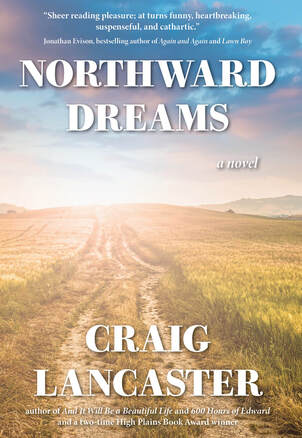 Now that Northward Dreams, at long last, is out in the world and available in hardcover and e-book (with the audiobook on the way!), I'm enjoying the payoff for all the lonely work of writing it and preparing it for delivery: the idea that there are people out there reading it. (Thank you!) If you're one of those people, you didn't have to go far—the very first words—to encounter one of the book's devices, for lack of a better word. Spread out among the 32 numbered chapters of the book, which encompass four timelines (1952, 1972, 2002, 2012), are nine chapters that focus on individual characters who inhabit the book. These chapters—which I've heretofore been misnaming as intercalaries—exist outside the story's established timelines and illuminate aspects of the characters that inform the whole of the narrative. They're also written in second person, a choice I expanded on in this interview with Chérie Newman: I think I went with the second-person point of view initially just to talk to them: Here's what's happening to you, what you're feeling, why it has gone the way it has. Any notion I had about changing that up went away once I saw the effect. There's an immediacy to the POV. Those characters are illuminated in ways they couldn't have been even in close third person. So that's why I did it, but this isn't really about that. (It's not expressly a craft talk.) Instead, I want to dig into who these characters are and why they spoke to me—and why they allowed me to speak to them—without giving away the essential plot, so to speak. (Before I get too far into that, about the errant use of intercalary: These chapters don't quite fit the accepted definition because they do involve main characters and are less about theme, I think, than they are about backstory. For a more traditional view of the intercalary, think of the turtle chapter of The Grapes of Wrath. I certainly do—I referenced it many years ago in a short story.) Opal goes first because...she goes. She dies, right there on Page 13: You kneel, the knees of your jeans in the mud, and you take the clipping shears from your apron pocket. You size up the job, and you pitch forward into the bush. Two crows, languid on the telephone line above, bear witness. Across the way, the hammering goes on, beating out a rhythm, a simple song for the dead and gone. Here's the thing about Opal, though: She is, in a significant way, the master key to the story, the connector of 1952 and 1972 and 2002, when she leaves us, and even 2012, when she's a full decade gone. Without Opal, the connections among Ronnie and Cherie and Nate and Electra—the four primary characters of those timelines—lack resonance. And without those four, Oscar and Anna and Charley and Brandon are four characters in search of a story. In subsequent installments of this series of posts, I'll introduce you to all of them. You'll just have to believe me that they all fit, eventually. Or read the book, please! (Be sure to note in comment box that you wish for a signed copy.) (Purchases through Bookshop.org can be dedicated to the independent bookstore of your choice, an excellent option for those who prefer online shopping.)
3/15/2024 0 Comments Northward Dreams: Chapter 1(Note: Now that the novel is imminent, here's a little taste of it, from one of the four timelines threaded through its 314 pages. The book has 32 chapters—eight each from the four timelines—and nine intercalary chapters told outside the timelines, each focused on a major character. Here, in the first full chapter of the book, we meet Nate Ray.) August 2012 | Denton County, TexasThe jangle of the cellphone—unmistakable, jarring, relentless—enters the slipstream of a sunken reverie, a mishmash of now and then, of events known and impressionistic, of faces presented and obscured, of times endured and never breached. As the tone loops through for a second run-through, then a third, Nate Ray tumbles nearer consciousness. His hand emerges from under the sheet and cuts off the ringer, then slips back into the crumpled bedding left sticky and sour from night sweats. The light comes in now, defying the inclination toward running down sleep again. Nate’s eyelids flap. He’s on his back, staring into the plastic molded ceiling, fixated on the AC unit that up and stopped whirring a week ago, more maintenance deferred until god knows when. She’s gone. Nate knows that sure enough even with his eyes closed. It was a jackpot the night before that she’d even come around, and there had been some unspoken--thank Christ—finality to it all, a let’s-have-one-last-hurrah roll together through the night. He’d fallen asleep with his nose in her chest, that much he remembered, and here he is alone, as it should be, no memory of her eventual movement toward the door. Nate folds himself up to sitting, halfway at least, elbows at his sides like hydraulic lifts, pushing him up. He’s making an inventory now of every ache—the ones chronic, like the left knee Doctor Simmons at the VA says will need replacing, and the ones that come on without warning or an appointment. Next, he swings his legs toward the floor, cupping the trouble knee with his hands to keep it stabilized. The problem, of course, is that Doctor Simmons, wise though he may be, isn’t the authority on exactly when the knee will be dealt with and who’ll be carrying the freight on it. It’s the latter point on which Nate and Veterans Affairs find themselves at an unbalanced impasse, Nate’s contention being that an unremarkable stint in the navy ought to be good for a new knee, at least, and the VA’s contention being that, well, no. It’s a staredown the bureaucrats can play into eternity—it’s not their knee, after all—and the list of deferred maintenance grows ever longer. The melodic ping comes, alerting him to a message, and Nate grabs the phone and flips it open to see what he’s missed in the fitful night and early morning. The deliverer of the latest voice mail, Ronnie, can wait--forever would be nice, Nate thinks, but fat chance of scoring that kind of luck this late into things. Karen’s message, dropped in at 6:23 a.m., no doubt soon after she granted her own release from the trailer, bears listening. I tried to wake you. Figures. You know, I keep hoping you’ll actually surprise me and show up. Guess I’ll know in an hour and a half or so. Listen, Nate, if you don’t, I’m gonna need you to hitch up and get off my property, OK? It’s too hard. “Too hard for the both of us,” he says, and he deletes the message. It’s a hell of a thing, he thinks not for the first time, to have these get-togethers be a point of such pain when daylight comes around again and reconsideration is put on the table. Everything he’s taken, she’s offered first. The job he never wanted. The pastureland he parked the trailer in two months ago, useful enough but also not as rare as gold. She’s doing him a favor, sure, but it’s not the last one he’ll ever have a chance to call in. He’s parked the rig in other places at other times, and he reckons he can find someplace new if it comes to that, if she’s really had her fill, or if he’s had his. It’s gotten to the point that she wants something he’s not prepared to give and she’s not prepared to say, and this indistinct thing lies down between them at night, taking up most of the bed. He moves into the living area of the trailer—he’s seen this space called “the great room” in some of the newer models he’s gawked at down at Camping World, but this isn’t that in any configuration. It has a two-burner gas stove, the propone nearly drained, and a refrigerator that runs cold, praise be, but also cultivates mystery flora sprouting from foam boxes holding half-consumed takeout dinners. No microwave. No dishwasher. He’s overdue for a black-water dump. A single basin aluminum sink ringed with gunk from who knows when. Sitting adjacent is a tattered couch, shedding foam like dandruff from the holes in the arms, and it lies aligned with the thirteen-inch color TV he’s strapped into place with old speaker wire and which pulls in two over-the-air channels, and sometimes three if it’s not raining, from the antenna he’s rigged up on the roof. Home. Nate takes a swig from the open bottle of Canadian Club that sits on the countertop. He cringes and squints and he smacks his lips and savors the washaway of morning tacky mouth, and he takes another for good measure, hair of the dog and all that. The realizations and lines of thought that come to Nate these days don’t lay out in parallels or even perpendiculars. They’re at odd angles, lying crosswise against each other, overlapping, one thought the ignition source for some other bleak firing of the synapses that, sometimes, improves his position but mostly leaves him befuddled and behind the flow of things. The whisky has set his mind on spirits, which oddly, or maybe even predictably, brings into his head the voice of his learned son, the word pusher, who told him once about how whisky, no “e,” refers to the Scottish and Canadian and even Japanese grain spirits but that whiskey, full-on “e,” is for the grain spirits distilled here and in Ireland, and anyway, you shouldn’t drink so much of it, Dad, because you know how you get. “Well,” Nate had said, in another loosing of the tongue that he’s regretted far longer than it ever took him to say the words, “that’s fascinating and all, but I ain’t interested in the vowels. Just the dollar signs and not too damn many of those, thank you very much.” He needs to call Brandon, he knows, but he needs to call Ronnie first, because that’s the more loathsome chore and the one that might divert him directly back to that bottle and the identical one under the sink, if memory serves right. Nate flips the phone open again and sets it on the countertop for easy dialing. He roots through the fridge and brings out a couple of eggs, turns on the burner and hopes for enough flame to get them scrambled, and when the works are all up and running, he patches through the number to the old man, who answers on the second ring with “You listen to my message?” “No.” “Why the hell not?” “I’ve missed you, Pop. Couldn’t wait to talk to you.” Nate reaches for the bottle, has it by the neck like a pullet, then lets it go. “Sure.” “What do you need?” “I need you to come over and spring me from this mortuary, which you’d know if you’d listened to me in the first place.” “Oh. Well, why didn’t you say so?” Nate says it only because he knows it’ll bind the old man up something fierce, and the sputtering “I goddamn did” comes back as validation. Nate again toys with the bottle of whisky. “OK, where we going?” A summons from Ronnie isn’t new or notable. The place he calls “this mortuary” is, in fact, a perfectly respectable assisted-living center just north of Fort Worth, which has taken in Nate’s father for the low, low price of his monthly Social Security check, his retirement disbursement, and the keys to a single-wide trailer house that’s long since been liquidated and picked over for cash. When Ronnie gets restless, he calls for a ride, and Nate can usually settle him down with a middling beer or two and a plate of decent barbecue. “Montana,” Ronnie says. “No, really.” “Really.” “I’m not going to Montana.” “You damn sure are. Gonna pick me up first, though.” “Why?” “Because I said so.” The eggs, neglected, run hot, headed for hardness and, eventually, carbon, and Nate splashes them with the whisky. The liquid hisses and bubbles, and Nate scrapes at the mess with a spatula. “Gotta go,” he says. “No,” Ronnie says. “Wait. I really need your help with this.” Nate turns off the gas, lifts the pan with a crusted rag, slaps it against the rim of the sink and splatters the contents. “Why?” “Your aunt died.” Nate blinks. “Linda?” “Yeah.” “Your sister, you mean.” “Yeah,” Ronnie says. “I didn’t know her. Not my business.” “Look, look,” Ronnie says, and it’s almost plaintive, almost vulnerable, a damn rarity from him. “I need a ride. Come on. Don’t make me beg.” “I can’t afford to make that trip.” Nate looks around him at the squalor he’s managed to ignore until the moment it all falls over onto him. “Ride the bus if it’s so important to you.” “I’ll pay.” “Right.” “I have some cash squirreled away.” “How much?” “Enough. You coming?” Nate rather doubts his story. A room, Ronnie has. Three squares, ditto. Somebody to clean his linens and buck out his trash, certainly. Even some old coots for games of penny ante, and who knows, maybe he’s taken down a modest fortune there. But he’s cash-poor. They’ve been through this, a year and a half ago after the third heart attack, liquidating everything they could before Ronnie went in. But whatever. If he can’t put the first tank of gas in the truck, it’ll be a short trip. Nothing better to do. “Yeah, in a bit,” Nate says. 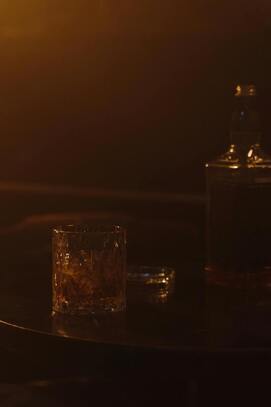 (Photo via Pexels.com) (Photo via Pexels.com) Nate packs for brevity, not comfort. It had been a chore to pull even the slightest of details out of the old man. Where we going? Montana, I told you. Yeah, but where? Billings. How long we gonna be there? A day or two. Not long. What’s it to you? Got something better to do? Nate supposes he doesn’t, which explains the duffel that’s filling with underwear and socks and two pairs of jeans and enough T-shirts to scoot through a week if he can put them to double duty. Because why the hell not, in terms hypothetical (Brandon and his vocabulary in his head again) and promissory. Nate wonders how much the rascal has stashed away, how long he’s had it, whether he had it in January, when Nate called him from the drunk tank, looking for bail, and Ronnie had said, “Sounds like you’ll have time to think about some stuff, boy.” At last, he pulls the flask from his hip and tosses it atop the clothes, thinking maybe he'll leave it alone en route. Maybe. Even the light task of packing leaves him lightheaded and sweaty, the trailer an oven as August throttles up the heat, last night’s drinks coming through his pores. Would thirteen hundred miles northward bring some respite from that? Nate surely hopes so. He’s nearly ready when Brandon lands in his thoughts yet again, the phone call he’s still to make, the favor he’ll ask for with no decent odds that the answer he wants will be coming. What then? Well, another dance with Karen, another negotiation, another fractional gain, or maybe just a loss put off until it can be better absorbed. Nate sends out the call. “Not a good day” comes the response upon pickup. “Just as well,” Nate says. “I need you tomorrow.” “What?” “Can you come get this trailer, tow it back to your place?” “My place?” “Yeah,” Nate says. “Big request, I know. Wouldn’t make it if . . . well, I wouldn’t make it.” “No. I can’t stash it here.” “Just for a couple of days, that’s all.” “Your truck get repo’d?” “No. But nice you’d assume so.” “Educated guess.” “I’m taking your grandpa up to Montana.” “Lucky you.” Nate draws a hand, stinky with cheap Canadian, across his nose and mouth. “Nothing you’re thinking that I haven’t already thought. Nothing smart you’re gonna say that hasn’t already flapped out of my gums. Can you help me?” “I guess,” Brandon says. “Kelly’s not gonna like it.” “Well,” Nate says, “add it to my tab.” “I’ll take ‘Things That Will Never Be Paid’ for $600, Alex.” “Huh?” “Nothing,” Brandon says. “Never mind. I’ll get your rig. But don’t leave me hanging on this or I’ll sell it for scrap. I’m serious.” It’s not an idle threat, Nate knows. The squaring away of Ronnie’s affairs had put a fright into him, and between benders, he’d made sure his own son’s name was on everything so there wouldn’t be any undue burdens if, someday, they found Nate’s abandoned carcass down in Corsicana cozied up to some nice piece of ass. Not a bad way to go, all things considered. “I hear you,” Nate says. “Thanks.” There’s no avoiding Karen in the leaving, and Nate has concluded that avoidance is already well played out as a relationship strategy, if relationship is even the word for what the two of them have been playing at. It’s more like a friendship rooted in another time and place--high school, Jesus Christ—that has somehow endured, changing both broadly and imperceptibly through the decades and the weaving in and out of each other’s sphere, until they were left with what they have: an employer-employee setup where the former is forever frustrated at the latter’s chronic absenteeism, a personal rapport that finds communion in a bottle, and enough comfort and shamelessness with one another to get naked and have a go from time to time. Nate sees now, in hindsight, that it’s the reintroduction of sex into matters that’s fooling with them, more so, perhaps, than even the not showing up for work and the booze. She’s been hinting that it portends something more for them, something deeper and more meaningful, and all the while he’s been hoping for nothing more than another hard-on with the next spin of the rock. Time’s coming fast when a guy won’t even be able to count on that. Whatever she’s got in mind can’t work like that. Nothing can, he thinks. He stops off at her store on his way to the interstate, peels back the automatic window on the passenger side. She comes out and frames herself there in the gap, elbows poking across the boundary line. “This is my answer, I guess,” she says. She looks tired, no doubt because she is tired. She’s built something here—more than a farm stand, more than a feed store, a place with knickknacks and baked goods and wooden spoons and all kinds of other stuff the interloping suburbanites from down around Dallas and Fort Worth find irresistible—and it siphons off her life in chunks. She really could have used his help, and that he never had any intention of giving it to her takes him only halfway to regret. “Going north,” he says. “The old man wants to see Montana.” A laugh squirts out of her. “The two of you, together, all the way up there?” “Yup.” “Well, I’m grateful I’m not the cops in Colorado or Wyoming when you guys have your blowout. I’m grateful for that, at least.” He leans across the distance. “You’ve been real good to me, Karen. Better than I have coming.” “You’re goddamned right. So what?” “Brandon will get the trailer out of here tomorrow. He promised me he will.” “His word I can trust.” “All right, then,” Nate says. “Be seeing you.” He engages the window, then she smacks the rising glass with an open hand, and he lowers it again. She leans farther in this time. He holds his spot. “Take care of yourself out there, Nate,” she says. “I probably won’t be pissed at you forever, but I’m sure gonna try.” He nods, smiles, gives her a dorky salute that brings another sputtering laugh. “Forever’s a long time, though.” © Copyright 2024, Craig Lancaster |
About CraigCraig Lancaster is an author, an editor, a publication designer, a layabout, a largely frustrated Dallas Mavericks fan, an eater of breakfast, a dreamer of dreams, a husband, a brother, a son, an uncle. And most of all, a man who values a T-shirt. Archives
July 2024
By categoryAll 600 Hours Of Edward And It Will Be A Beautiful Life Awards Books Bookstores Community Connection Craft Craig Reads The Classics Dreaming Northward Education Edward Adrift Family Geography History Libraries Memory Montana NaNoWriMo Northward Dreams People Plays Poetry Public Policy Q&A Social Media Sports Stage Texas The Fallow Season Of Hugo Hunter The Summer Son This Is What I Want Time Travel Work Writers Writing Archives
July 2024
|



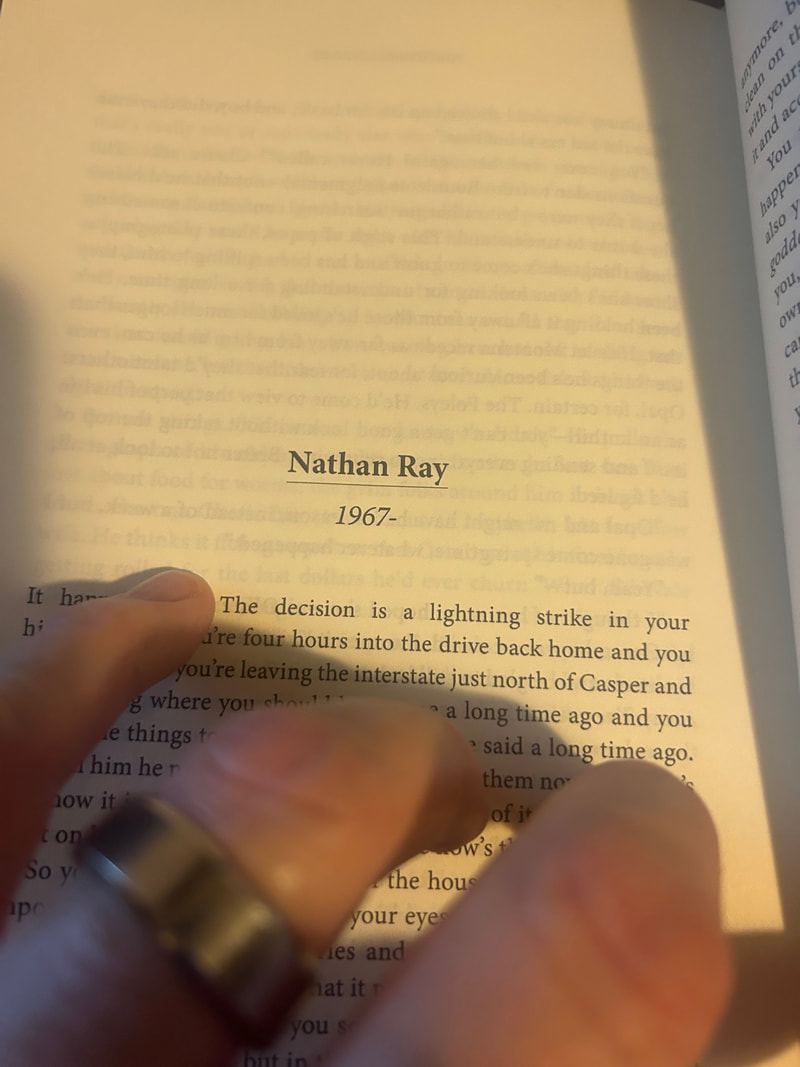
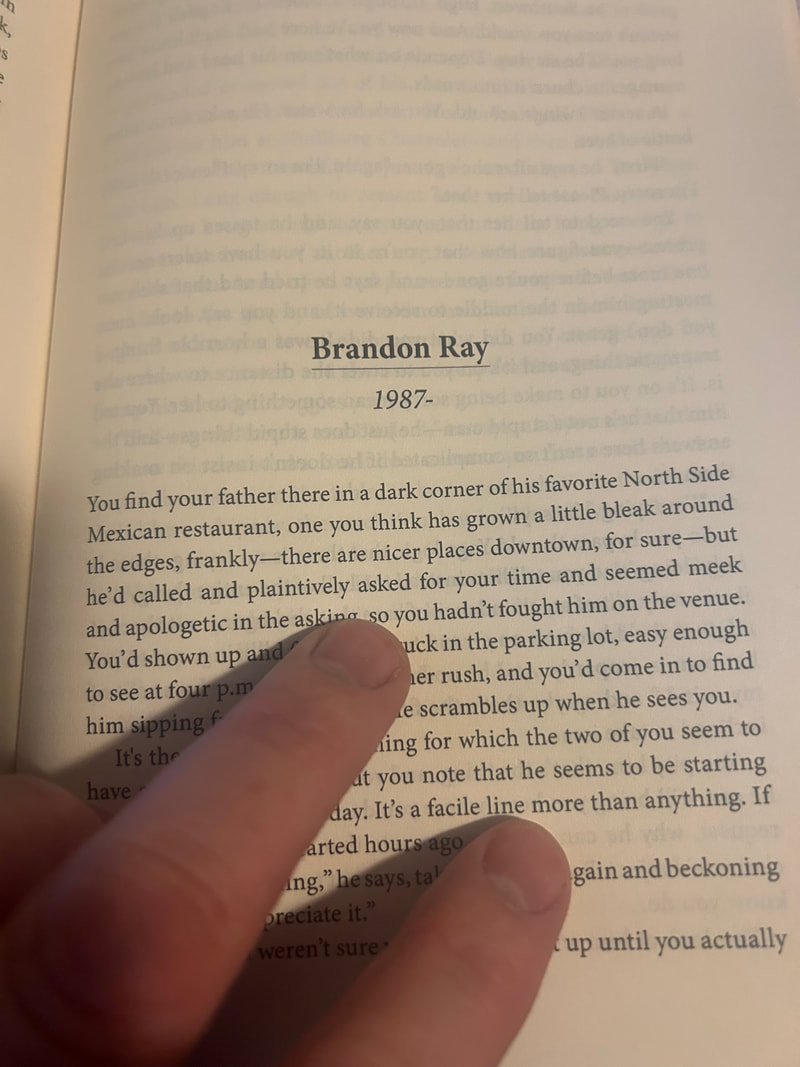

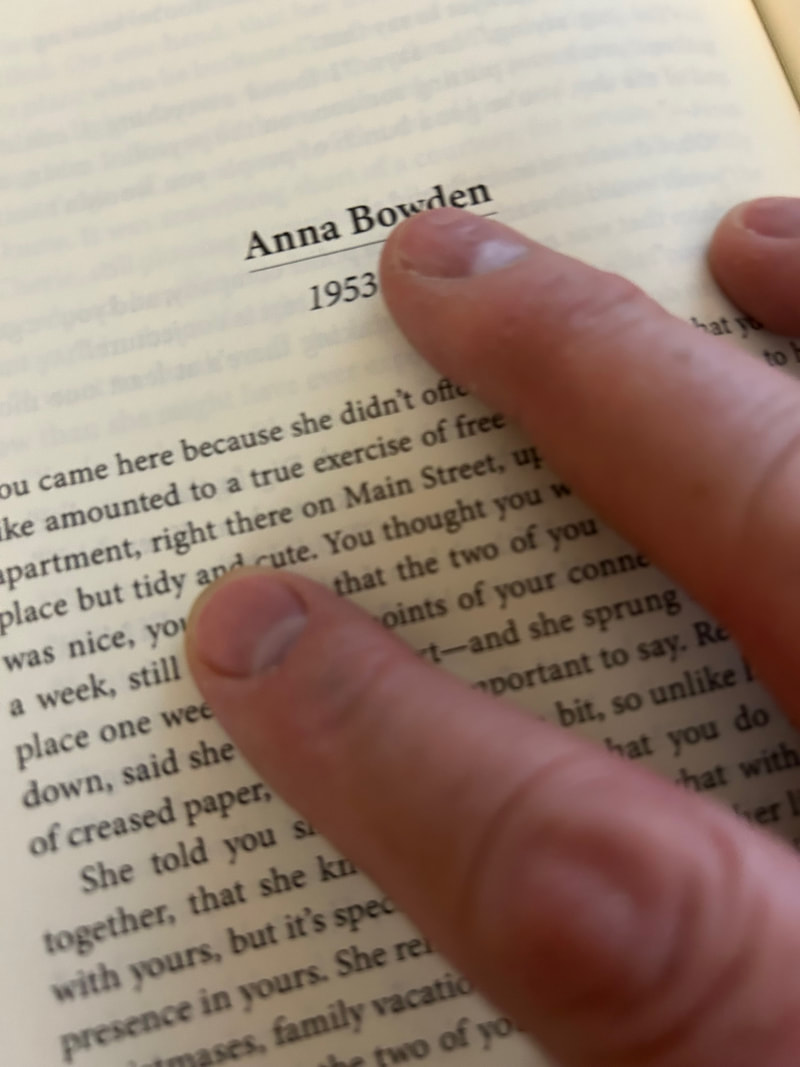

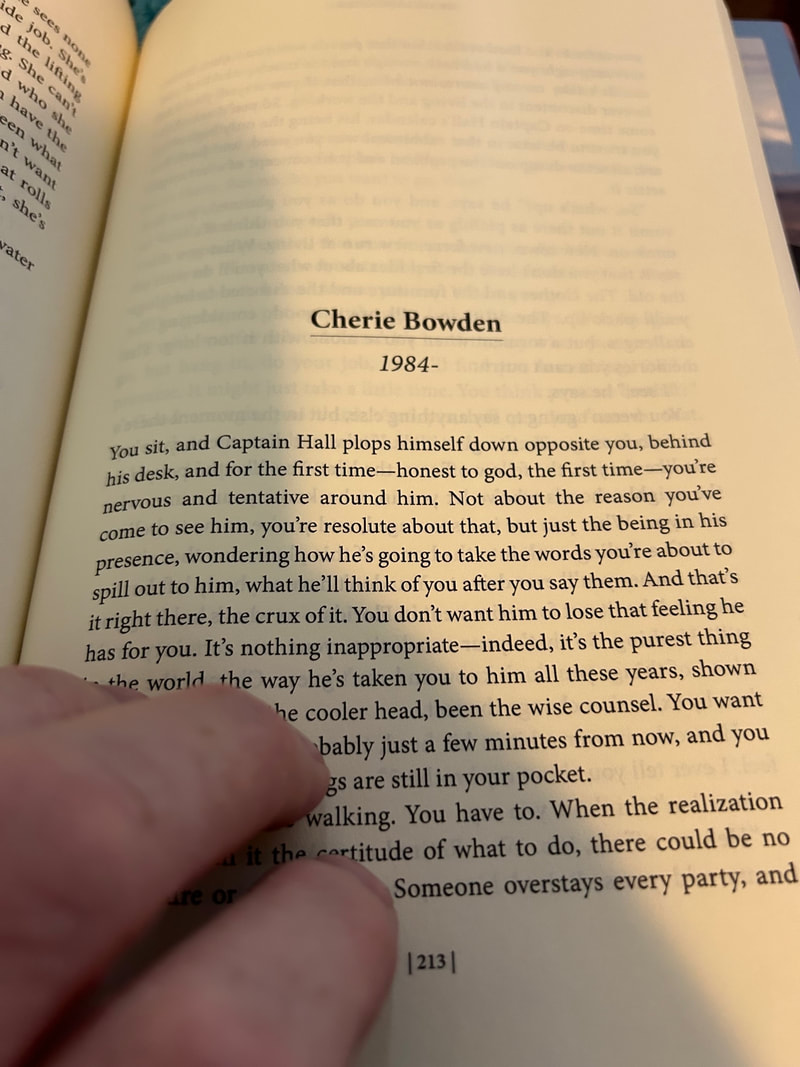
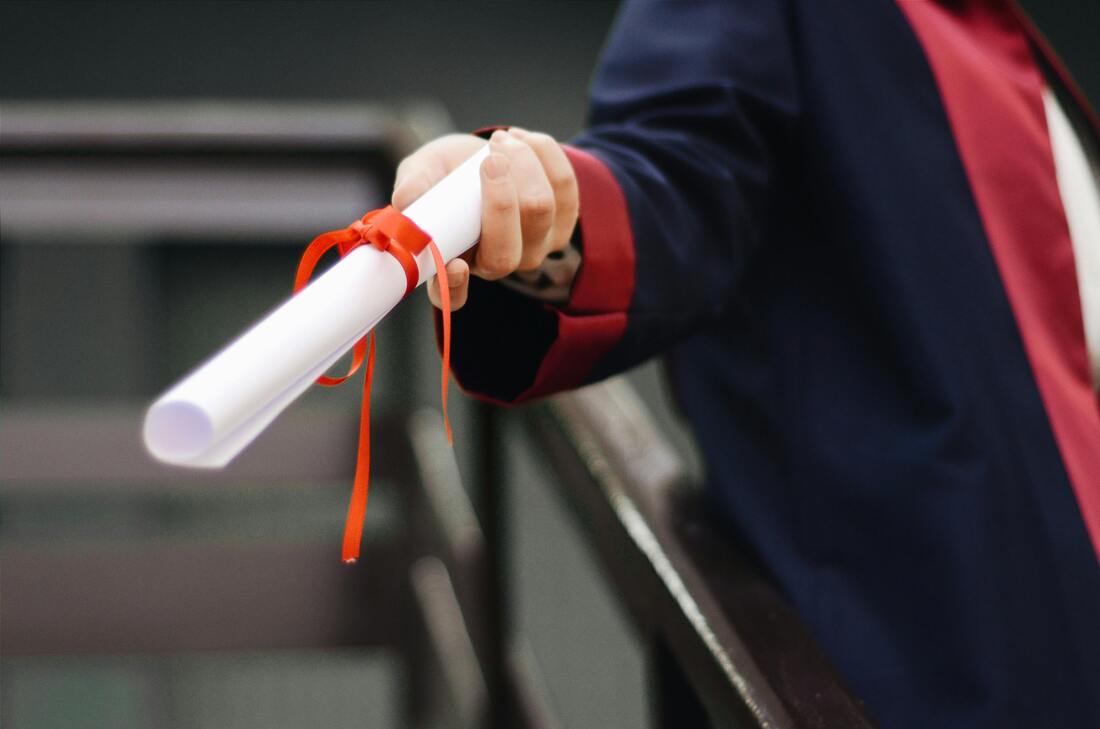
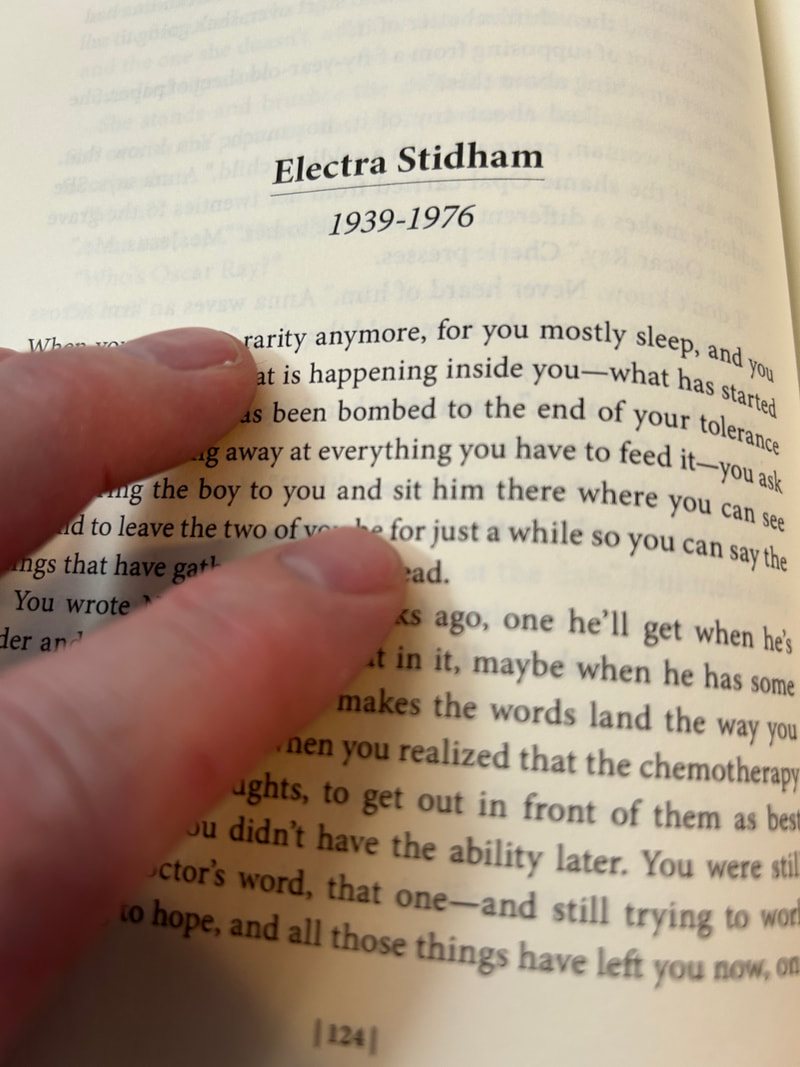

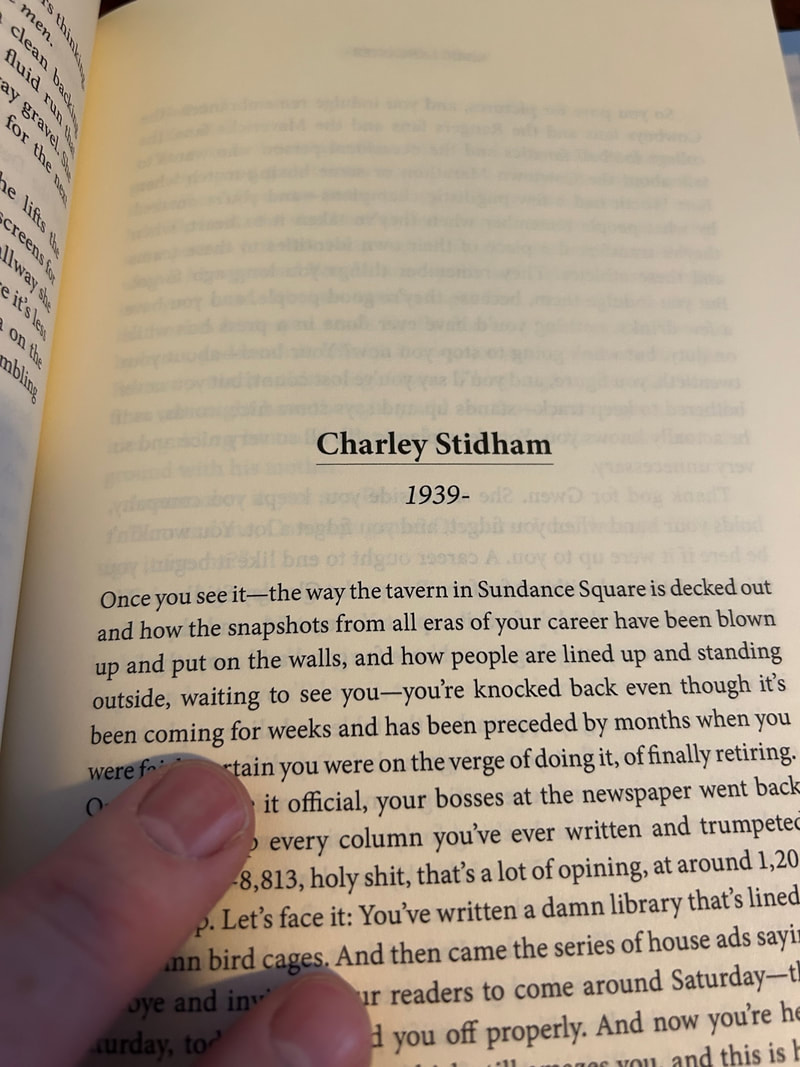
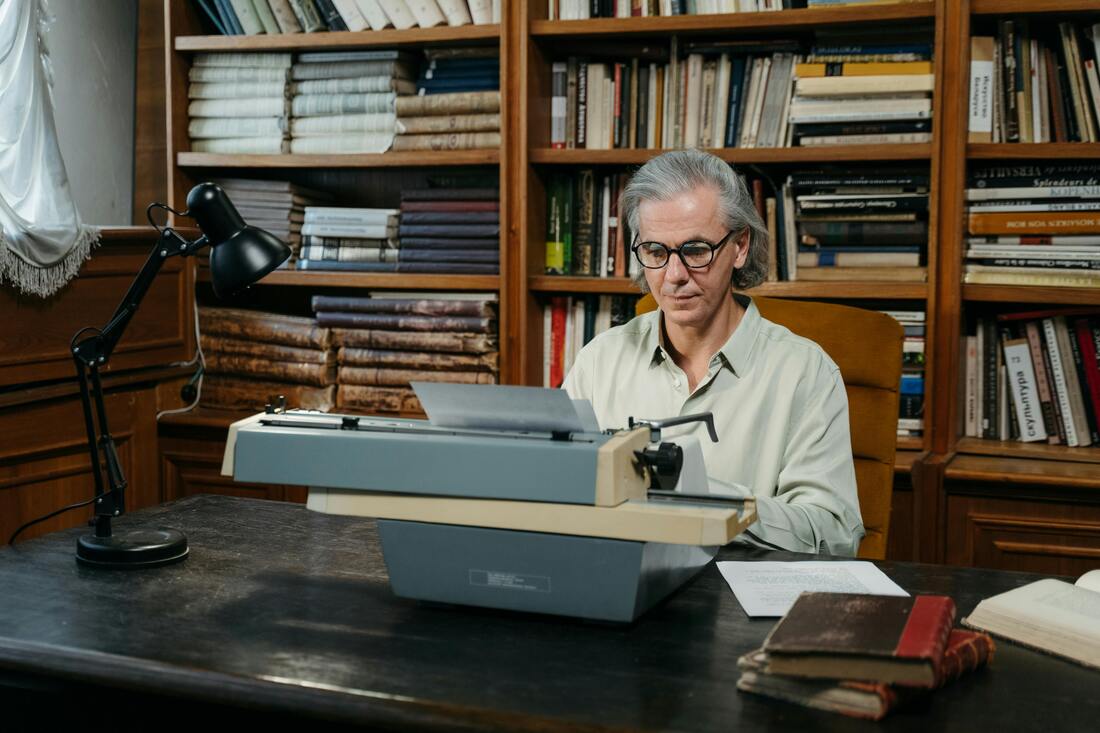
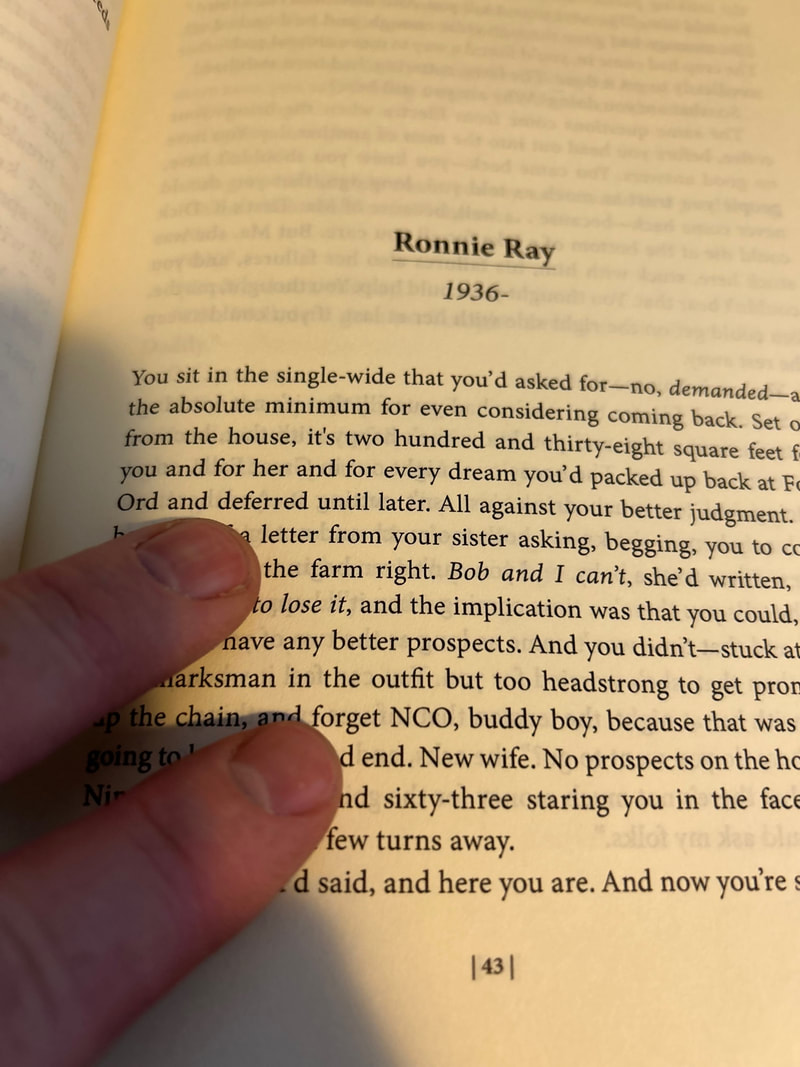
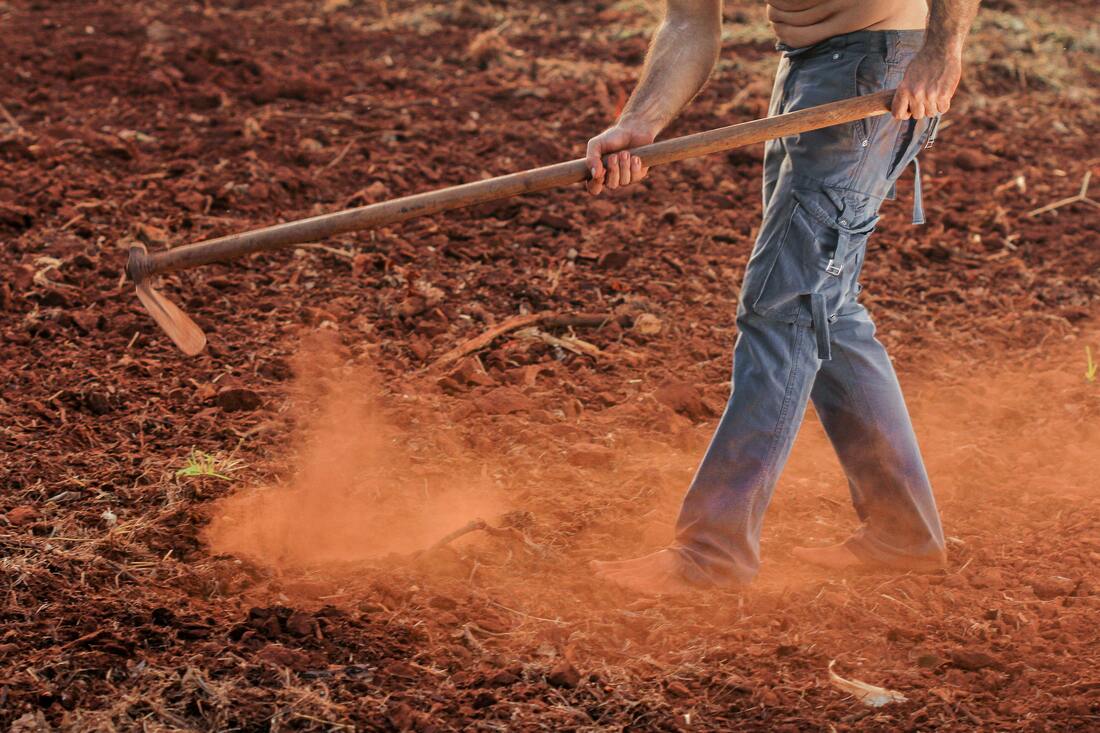
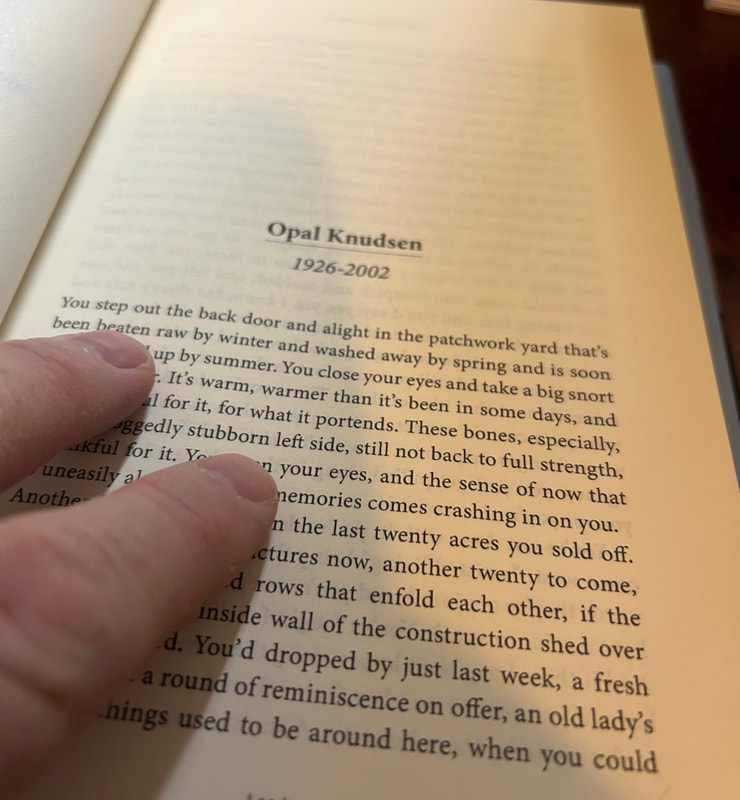

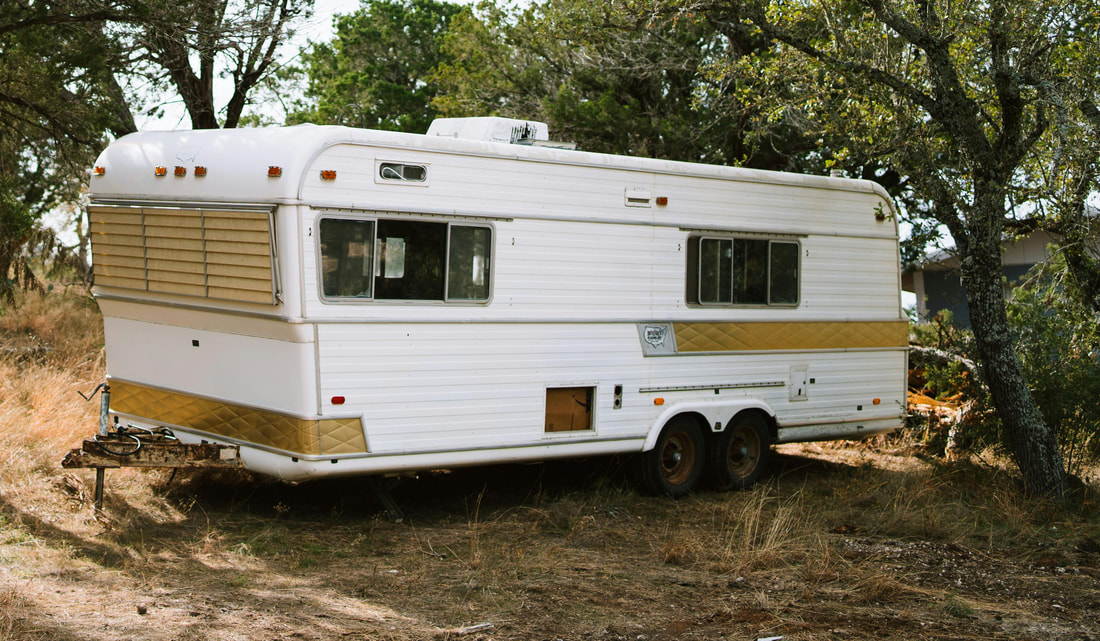


 RSS Feed
RSS Feed